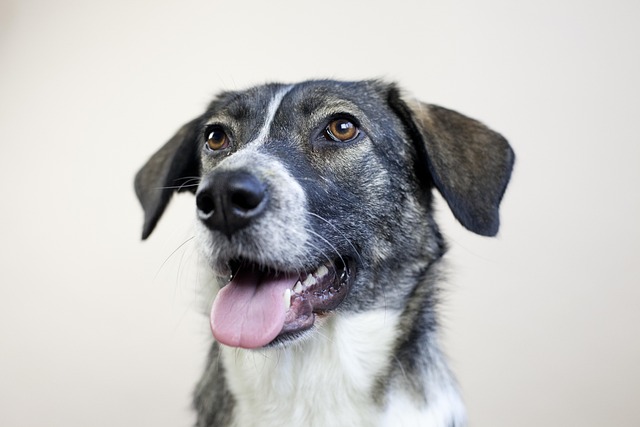
What is glaucoma in a dog?
You might notice your dog squinting more at mealtime or avoiding bright sunlight—these small changes could be early signs of a serious eye condition.
You might wonder if the same shots that keep your dog safe from diseases could somehow lead to dental trouble—after all, you’ve heard pet owners chat about unexpected side effects. The short answer is no, vaccines themselves don’t directly cause dental issues like cavities or gum disease. But there’s a small catch: some dogs get sore mouths after vaccinations, which might make them avoid eating or grooming their teeth for a day or two.
If your dog skips chewing their favorite dental toy or turns away from hard kibble post-vaccine, don’t panic—it’s usually temporary discomfort from the injection site, not a dental problem. Still, keep an eye on them: if they stop eating for more than 24 hours, or if you notice redness in their gums, call your vet. Many areas require regular vaccine records for dogs, and staying on top of these appointments also lets your vet do quick dental checks—killing two birds with one stone for compliance and health.
 To keep dental health on track while staying up to date on vaccines, stick to a routine. Brush your dog’s teeth a few times a week with pet-safe toothpaste, and offer dental chews approved by your vet. Some regions have laws mandating regular pet health checkups, which often include dental evaluations—missing these could mean missing early signs of issues like tartar buildup, which has nothing to do with vaccines but everything to do with care.
To keep dental health on track while staying up to date on vaccines, stick to a routine. Brush your dog’s teeth a few times a week with pet-safe toothpaste, and offer dental chews approved by your vet. Some regions have laws mandating regular pet health checkups, which often include dental evaluations—missing these could mean missing early signs of issues like tartar buildup, which has nothing to do with vaccines but everything to do with care.
If you’re worried about post-vaccine mouth soreness affecting dental habits, talk to your vet. They might suggest scheduling vaccine appointments on days when you can offer soft, easy-to-eat meals (like warmed wet food) to keep your dog comfortable. Never skip a required vaccine to avoid temporary soreness—this could violate local laws and leave your dog vulnerable to serious illnesses. Remember, vaccines protect their overall health, which supports healthy teeth too.
At the end of the day, vaccines and dental health are separate but connected parts of keeping your dog happy. Vaccines guard against life-threatening diseases, while regular dental care prevents pain and infection. By following both your vet’s vaccine schedule and dental care tips, you’ll meet local pet ownership laws and give your dog the healthy life they deserve.

You might notice your dog squinting more at mealtime or avoiding bright sunlight—these small changes could be early signs of a serious eye condition.

Let’s set the scene: It’s a sweltering Phoenix afternoon—105°F outside—and you rushed your 2-year-old Lab mix, Cooper, on a quick walk to “get it over with.”

Let’s get real: You’re in your Miami apartment, watching your 3-year-old Corgi, Loki, struggle to climb the stairs to your second-floor unit.

Many dog owners brush off occasional scratching as just “dog behavior,” but persistent itching often signals something more—like a food allergy.

You might first notice your dog scratching more than usual—chewing at their paws until the fur looks thin, or rubbing their face against the couch nonstop.

Let’s be real: You’re standing in your Chicago apartment, watching your 3-year-old Beagle, Max, huff and puff just to climb onto the couch.